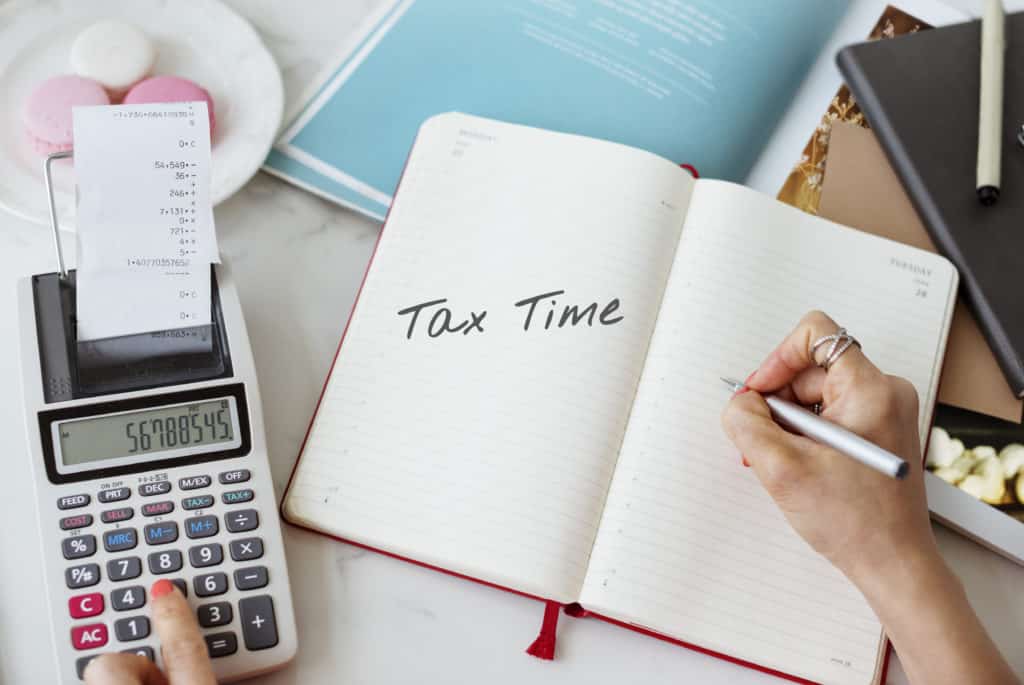Are you worried that your bank, savings, and brokerage accounts might be unsafe amid the current financial crisis? If so, you’re like many other concerned investors who want to take every possible precaution to protect themselves during one of the most volatile and unpredictable economies in recent history. What can you do?

Large, national banks tend to be very safe even in shaky economic times. In addition to keeping money in insured, reliable institutions, explore real estate and precious metals, two of the traditional tangible asset categories that have a high survival potential in recessions. Establish a cash emergency fund that is equal to six months of income. Finally, while it’s still safe to be a bank depositor, be wary of investing directly in the banking sector. Here are the pertinent details.
Stick with Reliable Institutions
One of the most common money management mistakes is not utilizing the right institutions to reach your goals. As the global banking crisis continues, prudent investors will find additional security by working with established, insured banking institutions. Always check on your preferred bank’s deposit insurance limits.
They vary based on location and type of institution, so avoid opening an account unless you are comfortable with the listed limits. In most cases, the amounts are high enough to cover individuals who want a safe place to park capital that is not in a brokerage account. However, to protect substantial amounts of cash, consider using more than one bank so that none of your account balances exceeds insured limitation amounts.
Consider Real Estate
Real estate has long been a go-to solution for investors and active market traders who are spooked by high volatility in securities and other paper backed asset classes. Real estate is tangible and offers holders numerous benefits if they are far sighted enough to have included it in their portfolios. What do real estate savvy individuals get for their investments? In addition to potentially excellent cash flow and returns, there are several unique tax-related advantages available.
Working adults tend to feel that it’s too costly to get involved in real estate on the investing side, if they not only must purchase entire properties but must also serve as the property manager. The good news is that both those assumptions are moot for those who choose to get into real estate with no time obligation or large cash outlay. They do it by acquiring fractional shares in properties, a maneuver that avoids major financial commitments and the need to personally oversee properties in a management capacity.
Study the Precious Metals Markets
Gold and silver are traditional safe havens during times of economic strife, rampant inflation, whipsaw stock markets, and other financial ills. If you choose to own bullion, store it in a safe deposit box instead of in your home. Work with metals dealers who charge minimal per-ounce markup and have established a reputation in your community. Never buy from an unknown seller, portable brokerage business, or anyone who refuses to let you test the purity of the metals.
Establish an Emergency Fund ASAP
When the global economy is showing signs of long-term weakness, it’s wise to build a cash emergency fund equal to or greater than six full months of income. The usual three-month rule is too restrictive when you’re attempting to maximize safety and security. Convert other assets into cash if necessary and avoid taking on more debt until the six-month fund is firmly established.
Banking Hack: Be a Depositor, Not an Investor
In the recent banking losses, nearly everyone who lost money was an investor or shareholding in the institutions. Depositors were protected by insurance coverage up to relatively high limits. Until the threat of widespread bank failures subsides, consider staying away from being an owner of banking sector stocks and related securities. If necessary, maintain two or three savings and checking accounts to spread your personal risk of loss.









